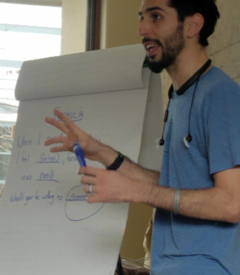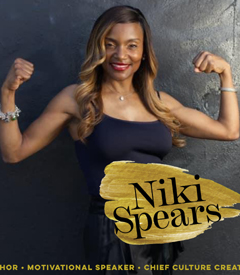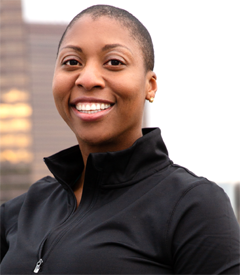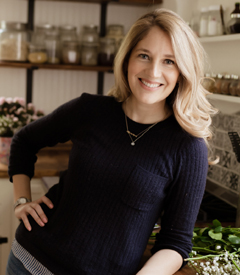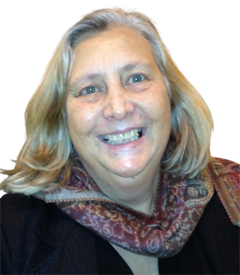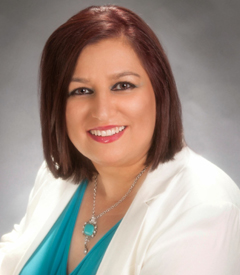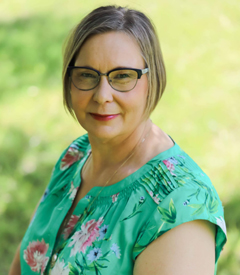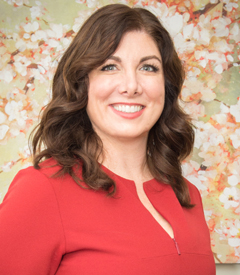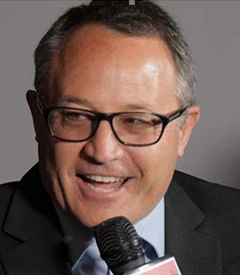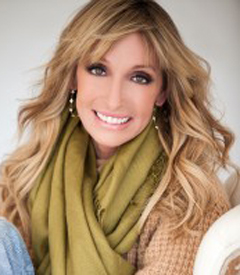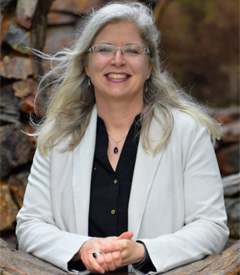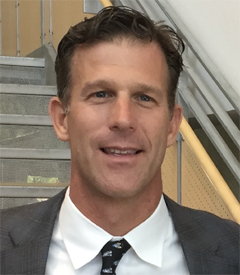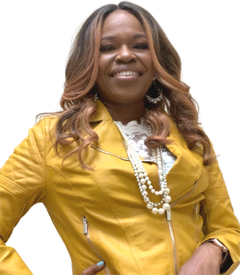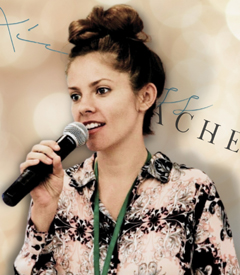Why do you believe SEL and EQ are important?
SEL and EQ {and my methodology} allows adults to help students develop emotional intelligence, healthy social connections, an invincible mindset, and an unshakable sense of self. Which can greatly reduce the risk for many problems faced by youth today: violence, prejudice, racism, drug abuse, suicide, low motivation and achievement, and low self-esteem.
Do you have any personal anecdotes about how SEL/EQ has brought you success in your
personal life/career?
I was raised with traditional disciplinary methods of yelling, threatening, rewards, and physical punishment mixed with bouts of permissiveness. We were not an emotionally intelligent family. Before I had three children of my own, I made a vow never to replicate that. I was determined not to be that kind of parent. But when I had to face the challenges of parenting for myself, I would start out the day being very calm, but at some point, my child’s challenging emotions and behavior would trigger me and I would lose my cool. Then, I would go to bed feeling I was failing at this whole parenting gig. I realized I struggled to make peaceful and respectful parenting stick because of how my mind had been wired. I inherited parenting fears, bad habits, negative beliefs, and reactive behavioral patterns from my past, especially from my own childhood. These impacted the way I interacted with my children, especially when I was tired, stressed, or triggered. I desperately wanted to break this negative cycle. But the truth was NO parenting advice, tips, tools, tricks, or copious amounts of yoga truly helped until I upgraded my parenting mindset. It was not until I become emotionally equipped, overcome emotional blocks, broke poor parenting habits, and release parenting fears and negative beliefs, that I was then able to make peaceful parenting stick—finally.
What do you believe to be one or two of the main challenges in education (K-8) today?
The biggest challenge in k-8 education is bridging the school/home social and emotional gap. Offering a well-structured parenting education plan that elevates the parents’ emotional intelligence. (Emotionally stable, easy parents make your life easier as a school leader!) Parent ed. is random, disconnected, and shallow -as often schools will bring experts/authors to give their signature talk with no follow-up. Parents create more meaningful change in their family dynamics when they go deeper into strategies, coaching, and implementation. Helping parents effectively handle children’s social, emotional, and behavioral challenges in a healthy way. Communicating confidently and skillfully with children about their social and emotional challenges. And helping families become more emotionally intelligent. (Emotionally intelligent students equal better behavior, smooth classroom management, successful instruction, and more achievement.)
Conversely, what do you believe to be one or two of the biggest opportunities in education (K-8) today?
1- The entire school community of students, teachers, and parents can receive knowledge and skills to interact with each other in a way that supports and respect one another. Thereby achieving win/win solutions, creating consistency in discipline, and adopting a unified and universal message within the community.
2- I believe in a world in which all children experience healthy, peaceful, and positive childhoods. World peace starts with peace in our homes and classrooms. If we get this right, we can raise the next generation of emotionally equipped humans who can heal humanity.
